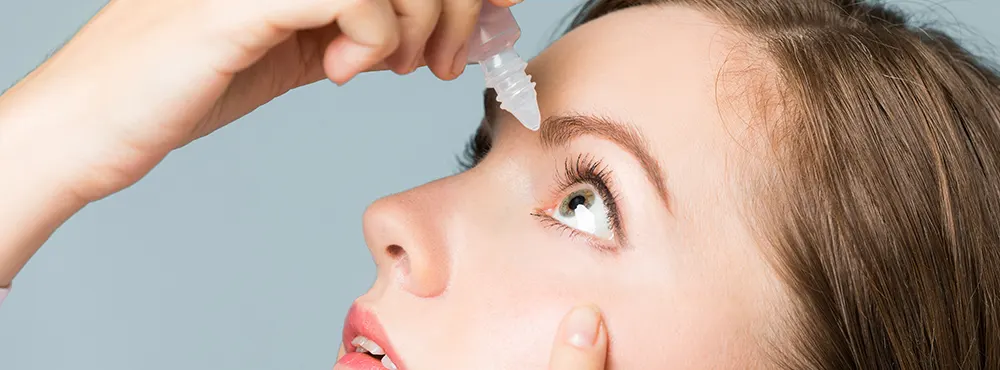What do antihistamine eyedrops do?
Antihistamine eye drops work by blocking histamines in the body’s tissue, quickly relieving symptoms like itchy, gritty, watery eyes.
What is the best antihistamine eye drops?
A good antihistamine should relieve your symptoms swiftly, without causing you any additional discomfort. Some antihistamines also contain decongestants and are comfortable enough to use while wearing contact lenses. As well as relieving itchiness, some antihistamines contain lubricants to reduce dryness, plus a redness reliever to take away the appearance of bloodshot eyes.
It is best to speak with a doctor or eye care professional to know which antihistamine would be the best option for you.
What eyedrops contain antihistamine?
Eye drops that contain antihistamines will be clearly labelled as such. Not all eye drops that relieve irritating symptoms contain antihistamines. Most of the top eye care manufacturers on the market make some type of antihistamine including Bausch and Lomb and Systane. You can purchase antihistamines from over the counter or even from your optician. If your allergies are particularly unbearable, you may be prescribed a more powerful antihistamine by your doctor.
How long do antihistamine eyedrops take to work?
Antihistamine drops usually start to take effect within a few minutes and can provide hours of protection depending on the strength and brand. It is generally advised that you place a few drops in each eye and blink a few times to allow the drops to properly circulate around the eye. Always follow the instructions as stated by the manufacturer or your doctor.
Do antihistamines reduce swelling?
Antihistamines help to relieve the symptoms that lead to swelling. They provide temporary relief for itchy eyes from irritants such as pollen from grass and other vegetation, as well as animal hair, dust and dander.
Are antihistamines bad?
Most people who use antihistamines are fine and do not experience any adverse effects from usage. If you experience any side effects or feel that your allergies have gotten worse after usage, stop using them immediately and seek medical attention if necessary.
Disclaimer: The advice in this article is for informational purposes only and does not replace medical care or an in-person check-up. Please check with an eyecare professional before purchasing any products or remedies. For information on our article review process, please refer to our Editorial Policy.

 Offers
Offers Account
Account
 Favorite
Favorite
 Basket
Basket

 OFFERS
OFFERS
















